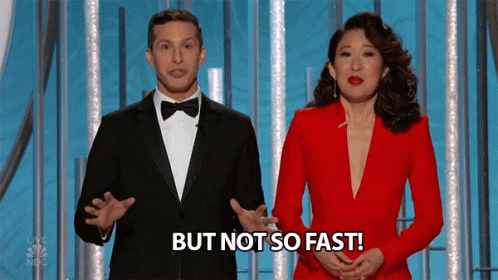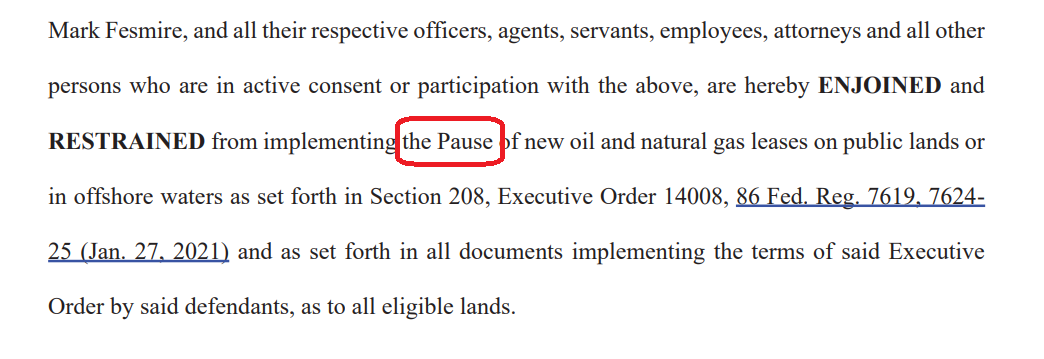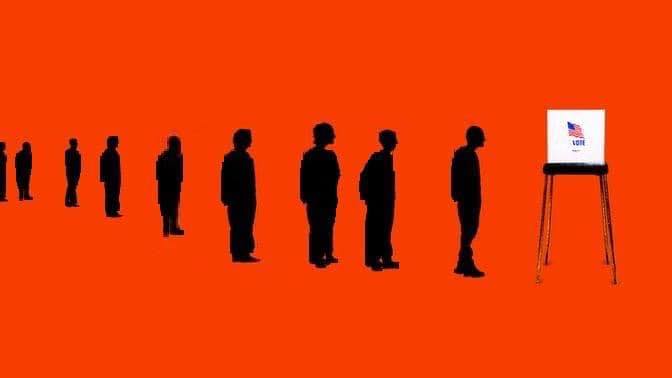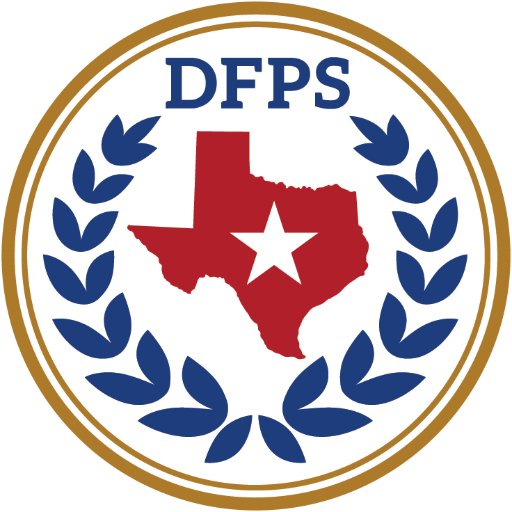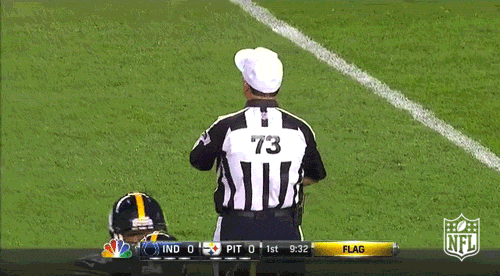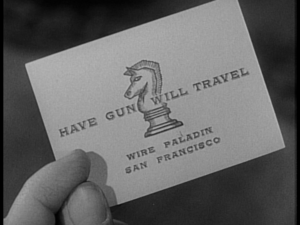 O’Donnell v. Harris County substantially affirmed the district court’s handling of a major civil rights case about Harris County’s pretrial bail system. The key liability holding is of general interest as an important application of equal protection; the key remedy holding is of broader application to any equitable remedy involving a process rather than a substantive result.
O’Donnell v. Harris County substantially affirmed the district court’s handling of a major civil rights case about Harris County’s pretrial bail system. The key liability holding is of general interest as an important application of equal protection; the key remedy holding is of broader application to any equitable remedy involving a process rather than a substantive result.
As to liability, the Court held: “[T]he essence of the district court’s equal protection analysis can be boiled down to the following: take two misdemeanor arrestees who are identical in every way—same charge, same criminal backgrounds, same circumstances, etc.—except that one is wealthy and one is indigent. Applying the County’s current custom and practice, with their lack of individualized assessment and mechanical application of the secured bail schedule, both arrestees would almost certainly receive identical secured bail amounts. One arrestee is able to post bond, and the other is not. As a result, the wealthy arrestee is less likely to plead guilty, more likely to receive a shorter sentence or be acquitted, and less likely to bear the social costs of incarceration. The poor arrestee, by contrast, must bear the brunt of all of these, simply because he has less money than his wealthy counterpart. The district court held that this state of affairs violates the equal protection clause, and we agree.”
And as to remedy: “There is a significant mismatch between the district court’s procedure-focused legal analysis and the sweeping injunction it implemented. The fundamental source of constitutional deficiency in the due process and equal protection analyses is the same: the County’s mechanical application of the secured bail schedule without regard for the individual arrestee’s personal circumstances. Thus,  the equitable remedy necessary to cure the constitutional infirmities arising under both clauses is the same: the County must implement the constitutionally-necessary procedures to engage in a caseby-case evaluation of a given arrestee’s circumstances, taking into account the various factors required by Texas state law (only one of which is ability to pay). These procedures are: notice, an opportunity to be heard and submit evidence within 48 hours of arrest, and a reasoned decision by an impartial decisionmaker. That is not what the preliminary injunction does, however. Rather, it amounts to the outright elimination of secured bail for indigent misdemeanor arrestees.”
the equitable remedy necessary to cure the constitutional infirmities arising under both clauses is the same: the County must implement the constitutionally-necessary procedures to engage in a caseby-case evaluation of a given arrestee’s circumstances, taking into account the various factors required by Texas state law (only one of which is ability to pay). These procedures are: notice, an opportunity to be heard and submit evidence within 48 hours of arrest, and a reasoned decision by an impartial decisionmaker. That is not what the preliminary injunction does, however. Rather, it amounts to the outright elimination of secured bail for indigent misdemeanor arrestees.”
No. 17-2033 (Feb. 14, 2018).


